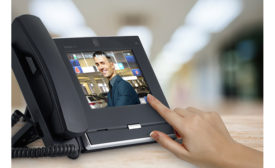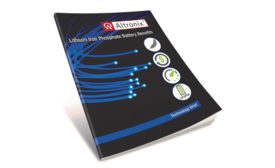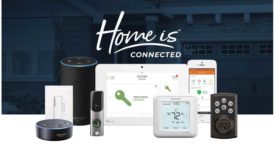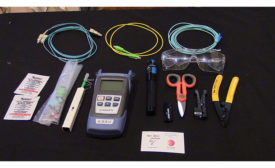Home » technology
Articles Tagged with ''technology''
It’s a new world for security intercoms. Make sure you are taking advantage of the latest and greatest capabilities and communicating those to end users.
Read More
Video Analytics: Mature Solution or Still-Developing Technology?
As solutions improve, integrators face decisions about when and how to deploy these technologies to provide additional benefits to their customers and generate all-important RMR.
May 20, 2019
Be in the forefront of security intelligence when you receive SDM.
Join over 10,000+ professionals when you subscribe today.
SIGN UP TODAY!Copyright ©2024. All Rights Reserved BNP Media.
Design, CMS, Hosting & Web Development :: ePublishing













